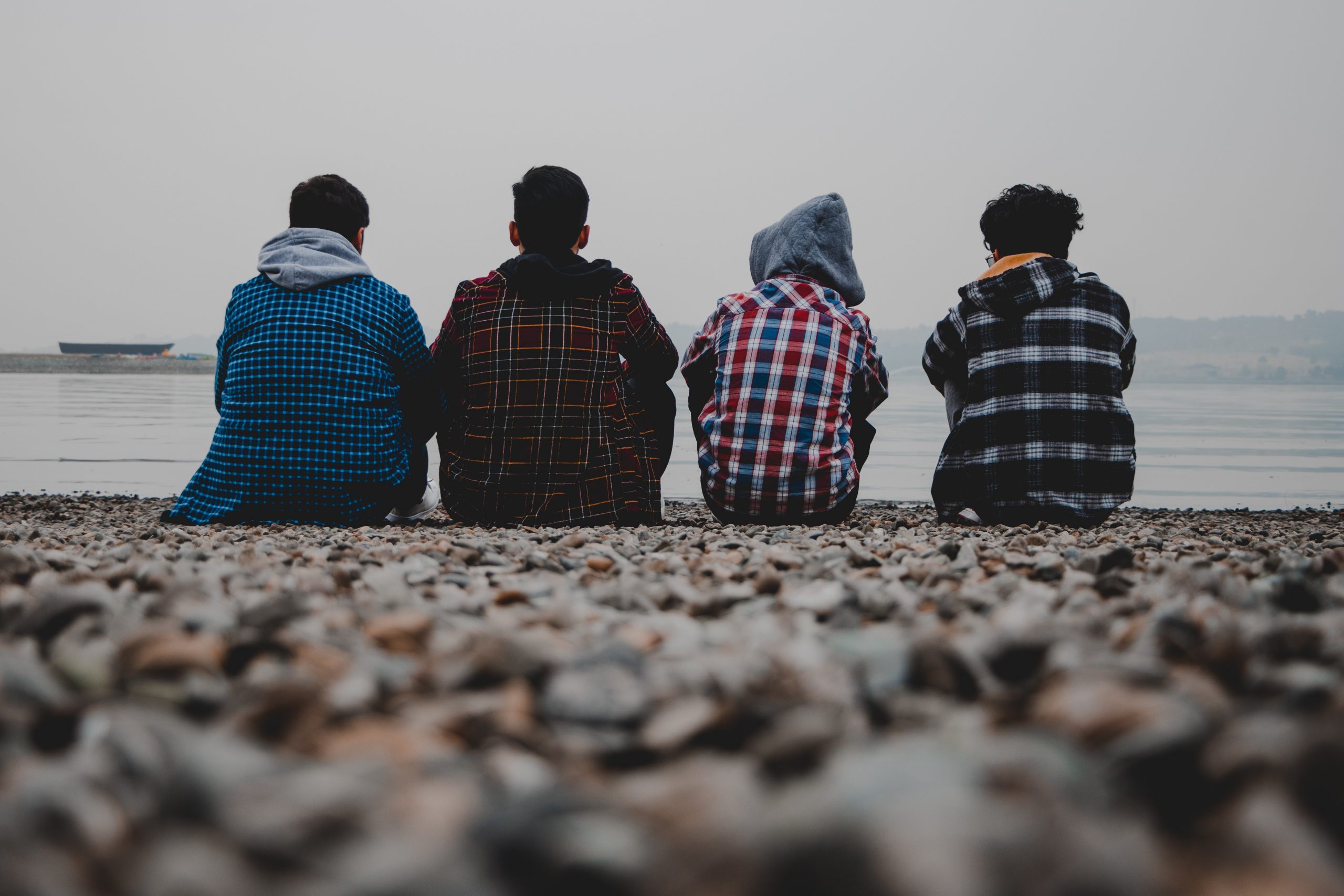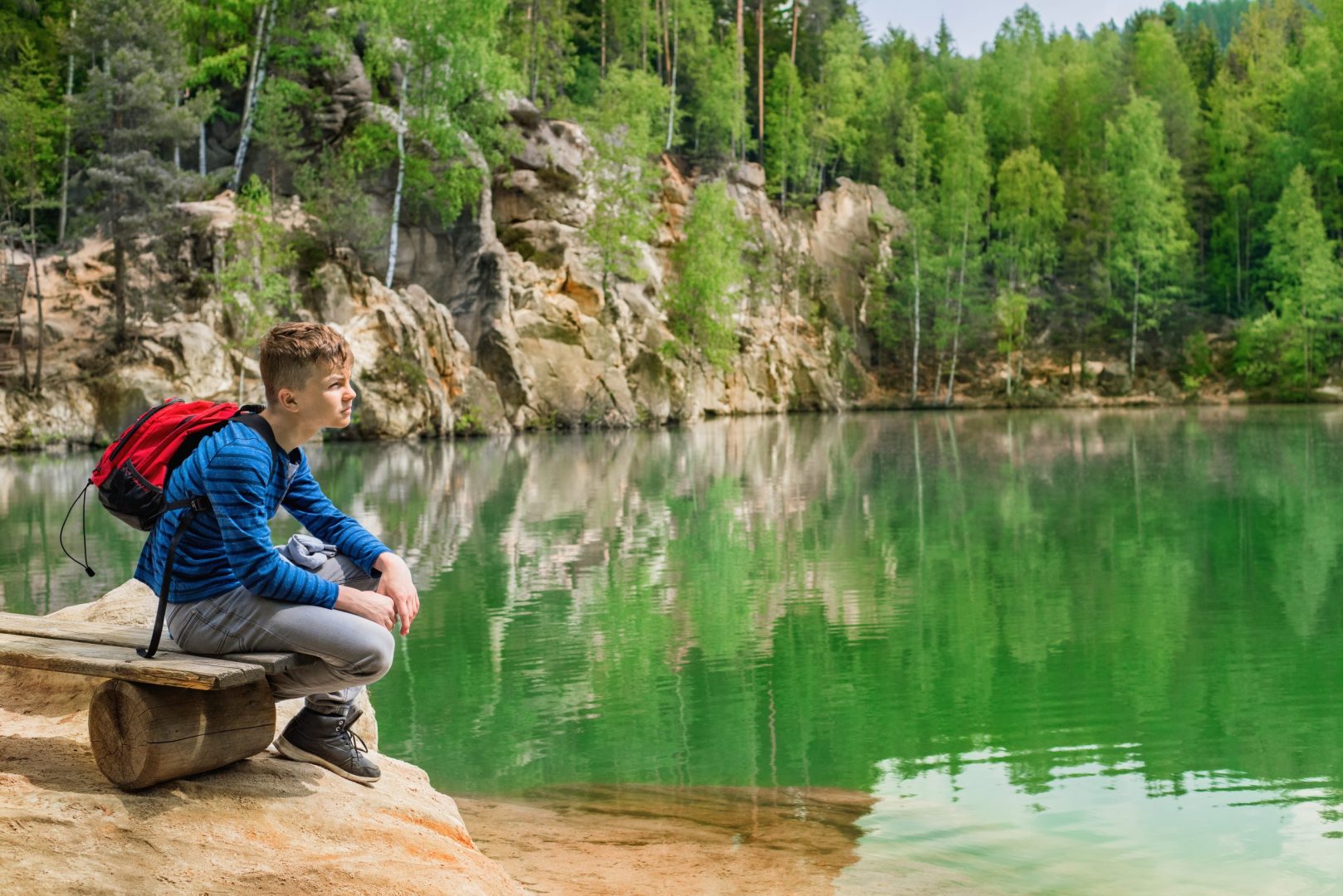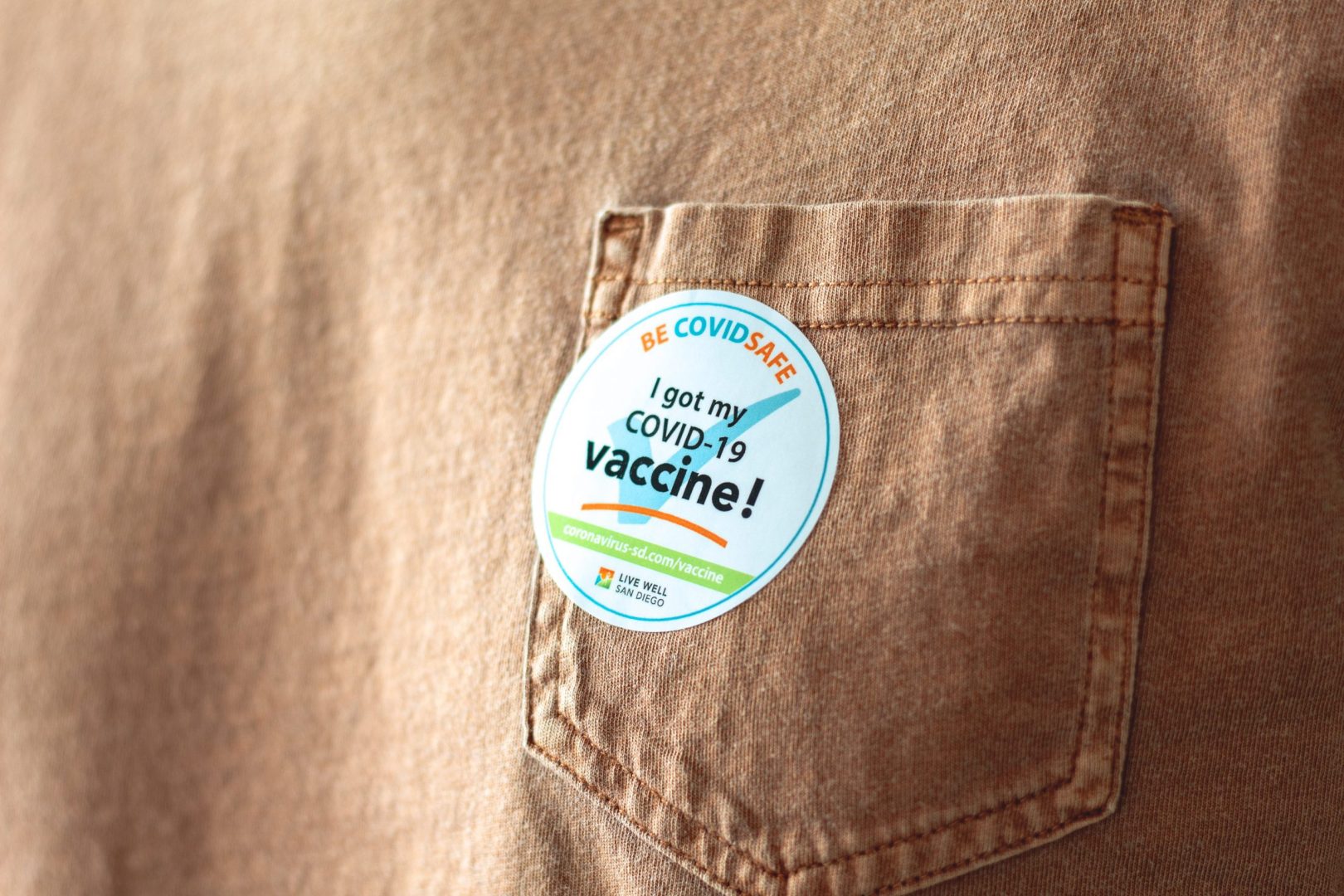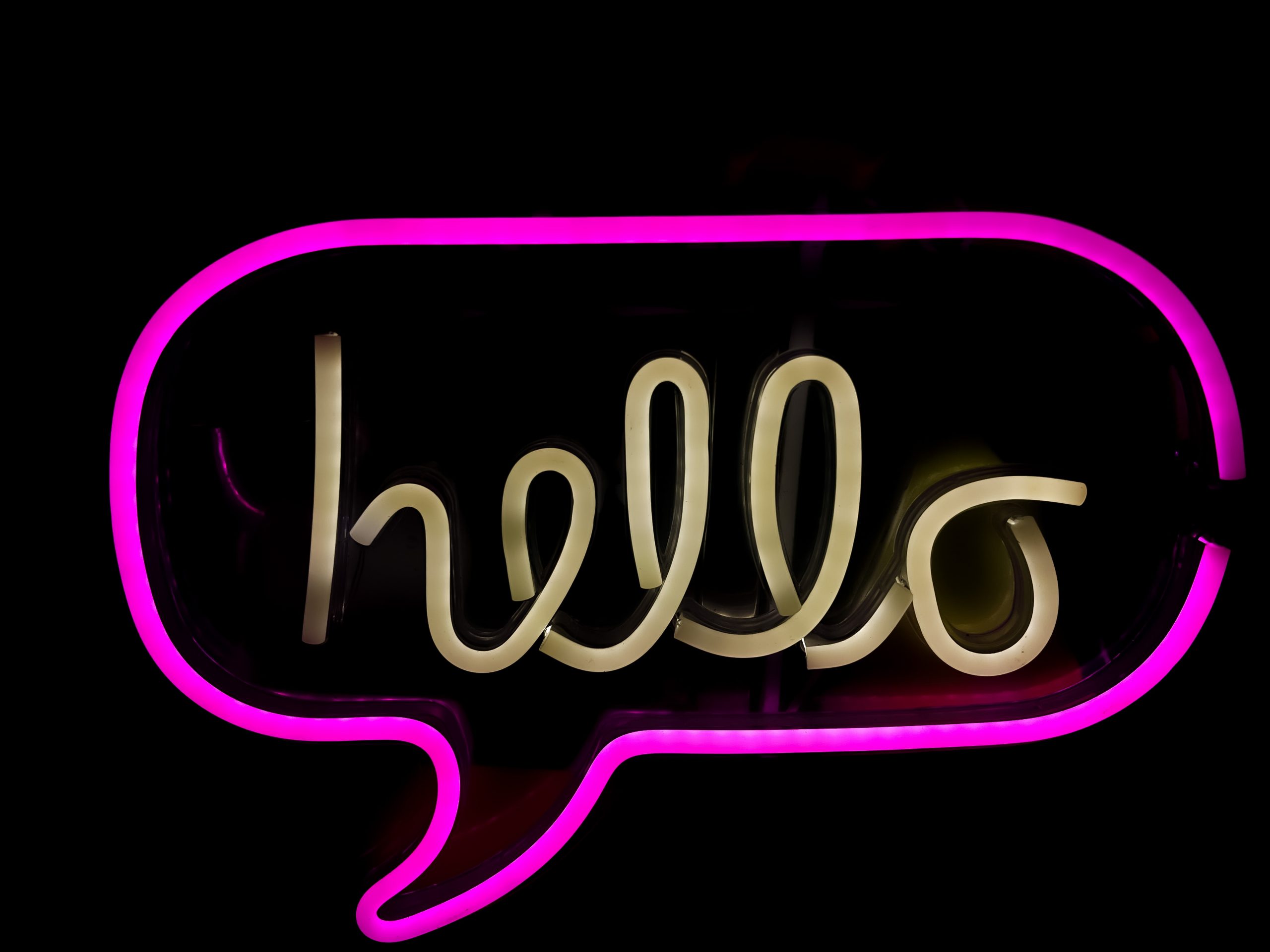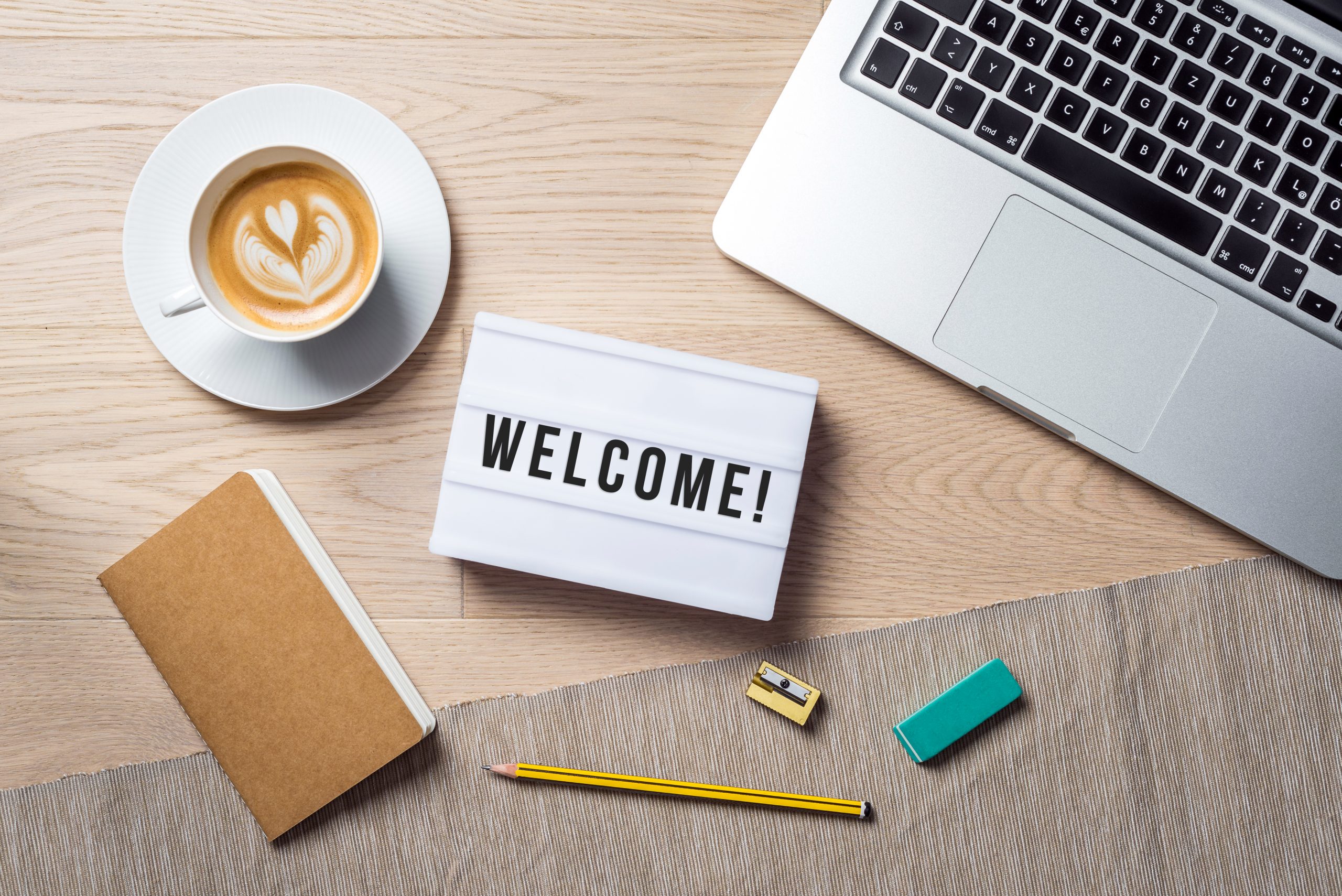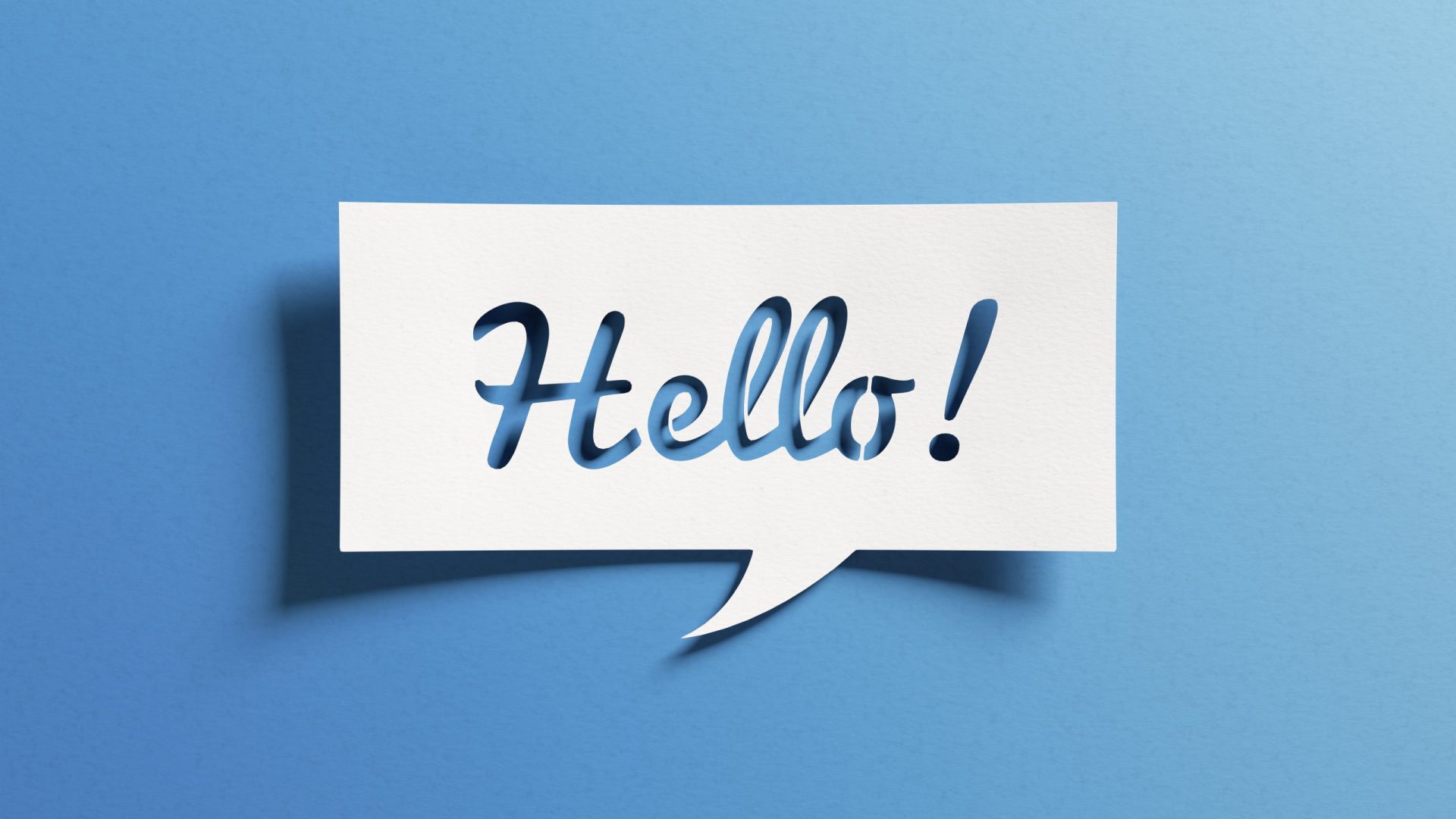Whether it is crisis hotlines, toolkits, trainings, or support groups, there are ways to get youth connected to mental health resources today.
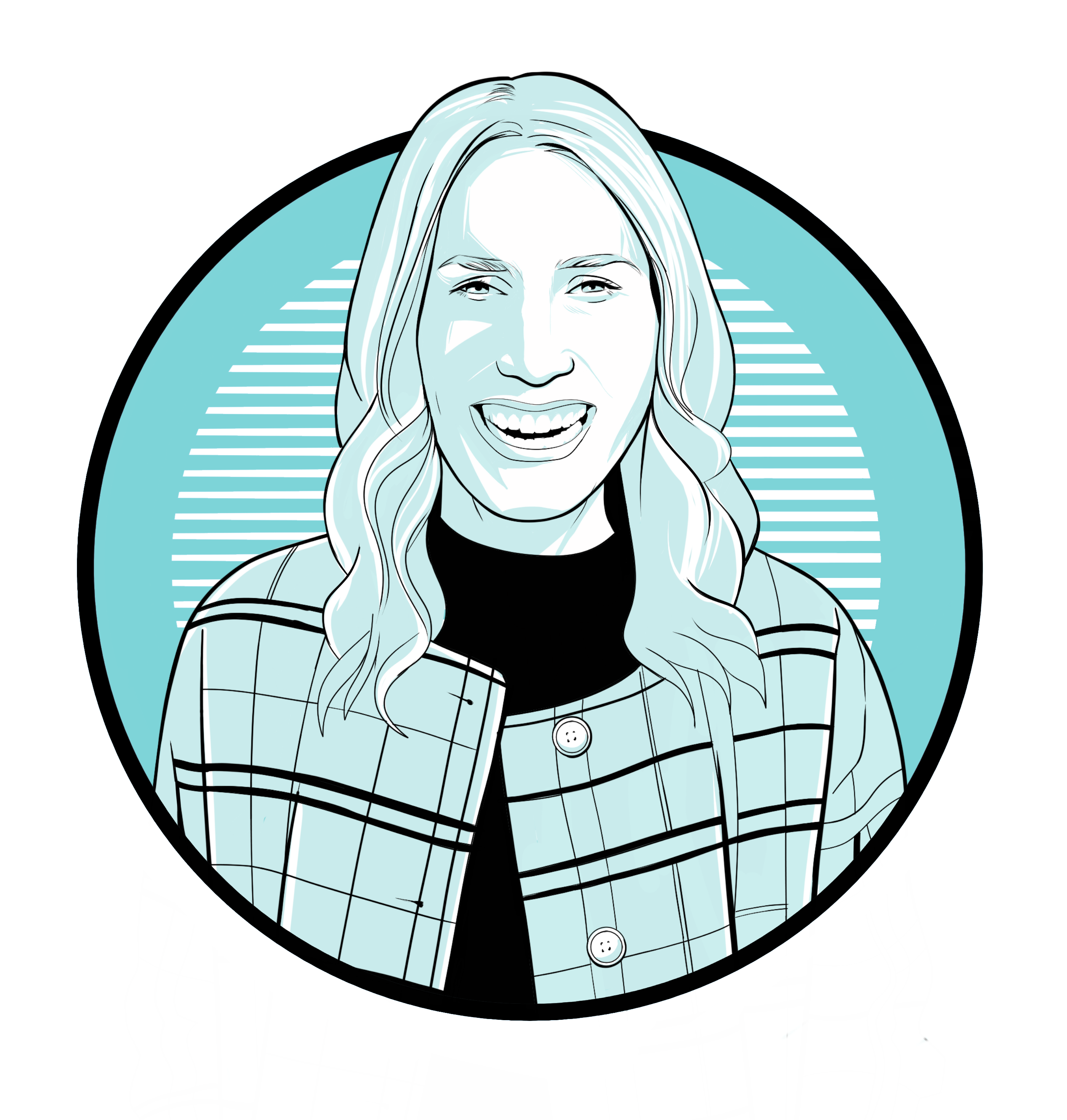
By Mackenzie Piper, MPH, CHES
March 6, 2023
Many years ago, I still remember being introduced to a short story titled “Why is Jason in the Hospital?” Jason’s friend Andrés doesn’t understand why Jason is in the hospital and asks “why” a number of times. With each additional “why,” we begin to peel back the layers of Jason’s circumstances. We begin to see that Jason’s hospital visit is not determined by a singular cause but by a confluence of factors.
While a simple story, this reminds us of the interconnected nature of public health. When we advocate for one part of health and well-being, such as adolescent sexual and reproductive health, we must be willing to look at all contributing factors. What is at play in the lives of youth and their communities? What is keeping youth from living their healthiest and best lives? How are these factors connected? What support, education, and resources do they need to secure a more equitable and healthier future?
In the case of our True You Maryland project, partners across six rural counties are working hard to advance and advocate for the sexual health and well-being of their local youth. They are ensuring sexuality education is integrated into their schools, creating media campaigns to raise awareness, building local champions, and providing education at community events. While doing this important work, partners are also hearing from their youth that other parts of their health need to be spotlighted, too. Namely, young people are raising the alarms about the mental health crisis in their community and among their peers, and they are asking for support.
When we advocate for one part of health and well-being, such as adolescent sexual and reproductive health, we must be willing to look at all contributing factors.
Youth in Maryland are not alone. In fact, in December of 2021, the U.S. surgeon general issued an advisory naming that “even before the pandemic, an alarming number of young people [across the country] struggled with feelings of helplessness, depression, and thoughts of suicide—and rates have increased over the past decade.” As can be learned from Jason’s story, the advisory is clear that this mental health crisis cannot be linked to just one solitary cause. The factors listed span from government policies, to housing instability, to trauma, to sexual orientation, to coping skills, and more. The risk factors are multi-faceted, and the solution will have to be as well.
For those of us supporting youth in our work, we may be unsure where to start. Luckily, there are many local and national organizations whose mission is to support the mental health of all young people. Whether it is crisis hotlines, tool kits, trainings, or support groups, there are ways to get youth connected to mental health resources today.
Here are organizations we have our eyes on right now, and here are some ideas for how to use their resources:
National Mental Health Organizations
Active Minds is a nonprofit organization supporting young adults around mental health. Now in more than 1,000 campuses and communities, they directly reach more than 1.9 million people each year through awareness campaigns, events, advocacy, outreach, and more.
Who is it for: Youth, ages 14-25
How to Support Your Youth With This Resource: High schoolers can apply to start an Active Minds chapter at their school, request to receive their Peer-Powered Mental Health Curriculum or a speaker for an in-person or virtual event, and more!
The Steve Fund is the nation’s leading organization focused on supporting the mental health and emotional well-being of young people of color. The Steve Fund works with colleges and universities, nonprofits, researchers, mental health experts, families, and young people to promote programs and strategies that build understanding and assistance for the mental and emotional health of the nation’s young people of color.
Who is it for: Youth (high school students, specifically students of color) and staff/admin, etc.
How to Support Your Youth With This Resource: Request a seminar or workshop; Youth Healing Space, part of their webpage is dedicated to sharing stories, podcasts, back to school and relaxation tool kits, and more.
AIM is bridging the gap between research and access to care for youth struggling with their mental health by finding, funding, and implementing evidence-based treatments, empowering youth to discover their own mental health solutions, and training caring adults to create a safe holding place for children, teens, and young adults.
Who is it for: Youth-serving professionals/adults
How to Support Your Youth With This Resource: Youth-serving professionals and parents or caregivers in your community can get trained in Youth Mental Health First Aid (7-hour course; 2 hours are self-paced, and 5 are instructor-led via Zoom).
Resource list of online tools, apps, help hotlines, and more.
Who is it for: Youth
How to Support Your Youth With This Resource: Share this list of resources with your youth.
NAMI is the nation’s largest grassroots mental health organization dedicated to building better lives for the millions of Americans affected by mental illness. Each state has a chapter, and this is Maryland’s Resource Center.
Who is it for: Anyone seeking mental health support
How to Support Your Youth With This Resource: Share any pre-recorded webinars, workshops, and mental health support groups that might fit your needs.
BC2M activates and empowers people to join the fight to end stigma and discrimination surrounding mental illness. They work to create and advance innovative approaches and partnerships to start conversations around mental illness, share resources, and tell stories, so everyone can thrive in a stigma free world.
Who is it for: Youth and others
How to Support Your Youth With This Resource: Youth can apply to start a BC2M club at their school focused on mental health and they would receive a $500 grant, educational materials, Headspace meditation app, etc.
Love is respect is the national resource to disrupt and prevent unhealthy relationships and intimate partner violence by empowering young people through inclusive and equitable education, support, and resources.
Who is it for: All people
How to Support Your Youth With This Resource: Share this resource for youth if they are looking for resources on identifying healthy relationships, dating, personal safety, and more.
GLSEN works to ensure that LGBTQ students are able to learn and grow in a school environment free from bullying and harassment. GLSEN works to transform the nation’s schools into the safe and affirming environment all youth deserve.
Who is it for: Youth and educators
How to Support Your Youth With This Resource: Encourage youth to start a GSA at their school.
Crisis Hotlines
Text STEVE to 741741
Who is it for: Anyone seeking help in a mental health crisis
How to Support Your Youth With This Resource: Share this resource broadly.
Call or text 988
Who is it for: Anyone seeking help in a mental health crisis
How to Support Your Youth With This Resource: Share this resource broadly; print wallet cards and posters, post digital ads, etc.
Call 866-488-7386; text 678678; or chat online | Suicide prevention and crisis intervention resources for LGBTQ+ young people
Who is it for: Youth (specifically LGBTQ+ youth)
How to Support Your Youth With This Resource: Share this resource broadly.
Call 877-565-8860 | Run by and for trans people; provides trans peer support
Who is it for: Youth (specifically LGBTQ+ youth)
How to Support Your Youth With This Resource: Share this resource broadly.
Mental Health
Apps/Guides/Chatbot
A community for LGBTQ+ teens to find/give support, have fun, connect, and get good information. Youth can chat with like-minded peers in live chats.
Who is it for: Youth (specifically LGBTQ+ youth)
How to Support Your Youth With This Resource: Share this resource broadly and specifically with school-based GSA or other LGBTQ+ groups.
A mental health chatbot/toolkit.
Who is it for: Youth
How to Support Your Youth With This Resource: Have your schools apply to get a free pilot year.
A mental health guide for LGBTQ youth.
Who is it for: Youth (specifically LGBTQ+ youth)
How to Support Your Youth With This Resource: Share this resource broadly and specifically with school-based GSA or other LGBTQ+ groups.
Lists of self-care, meditation, and mindfulness apps.
Who is it for: Anyone seeking meditation and mindfulness skills
How to Support Your Youth With This Resource: Share this resource broadly.
A guide to a variety of vetted, self-guided, mental health apps that are (mostly) freely available.
Who is it for: Anyone seeking meditation/mindfulness skills
How to Support Your Youth With This Resource: Share this resource broadly and specifically with school-based GSA or other LGBTQ+ groups.
Real Talk is a mobile app using storytelling and technology to improve teen mental, emotional, and behavioral health. Real Talk provides a safe space for youth to share their stories and access relevant, accurate resources to support their health and wellbeing.
Who is it for: Youth, especially LGBTQ+ youth
How to Support Your Youth With This Resource: Encourage youth to download Real Talk.s.
Developed by Jack.org, this is a Canadian charity training young leaders to revolutionize mental health, and the Born This Way Foundation, co-founded by Lady Gaga. It is a free, 2-hour, self-paced learning experience designed to increase mental health literacy and provide people with the knowledge, skills, and confidence needed to safely support anyone who may be struggling with their mental health.
Who is it for: Youth and youth-serving adults
How to Support Your Youth With This Resource: Incentivize youth leaders to complete this certificate.
AIM Youth Mental Health: Youth Mental Health First Aid is a 7-hour course; 2 hours are self-paced, and 5 are instructor-led via Zoom. | National Council for Mental Well-Being: Youth Mental Health First Aid is an in-person training. You can use the training locator to see what events may be happening nearby.
Who is it for: Youth and youth-serving adults
How to Support Your Youth With This Resource: Use a professional development day to have teachers/staff trained.
Mackenzie Piper, MPH, CHES, is passionate about all young people having access to comprehensive and inclusive sexual health information and services. She has experience providing training and technical assistance to healthcare and social service providers, and facilitating comprehensive sex ed programs to young folks. Read more about Mackenzie.

